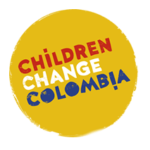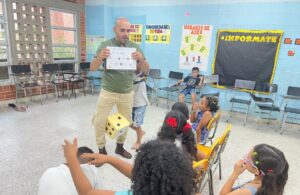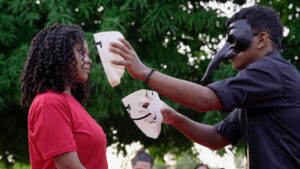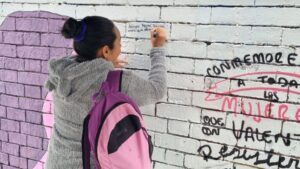How Colombian Londoners Celebrate Culture, Community, and Resilience — on July 20th and Every Day
Every July 20th, Colombians around the world come together to celebrate their nation’s independence, a moment not just of historical significance, but of cultural pride and community. In London, Colombian Independence Day isn’t just about remembering history, it’s a celebration of culture, resilience, and identity. It’s a reminder that this is a community not only present, but proud.
But beyond the flags and music of Independence Day itself, many Colombians in London are expressing their heritage year-round — through food, language, dance, and activism. In a city shaped by migration, gentrification, and cultural exchange, what does it mean to be Colombian abroad? This blog explores how identity is lived and celebrated by Colombians in London: how traditions are preserved, how new forms of cultural expression are created, and how pride in one’s roots becomes a powerful form of visibility and connection, not only on Independence Day, but every day.
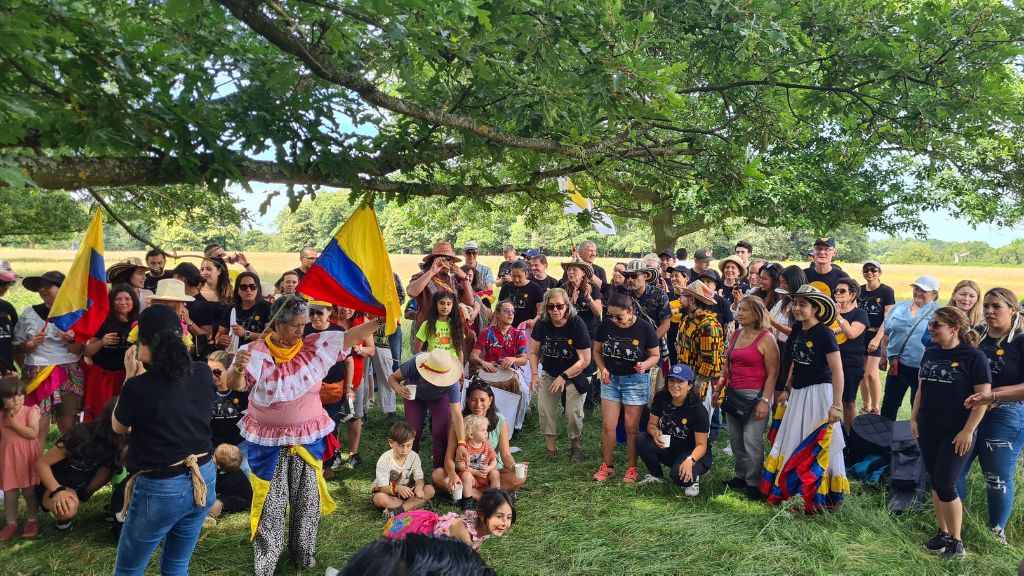
A Historical Lens: How the Colombian Diaspora Formed in UK
Colombian migration to London has taken place in waves, shaped by both structural forces and personal circumstances. Many Colombians arrived in the late 1980s and 1990s as asylum seekers, fleeing political violence, economic instability, and armed conflict. Others came later through work or family reunification, drawn by the promise of safety and opportunity.
Over time, areas like Elephant and Castle, Seven Sisters, and Brixton became cultural hubs for Colombians and other Latin Americans. These areas saw the rise of Colombian cafés, bakeries, travel agencies, and community organisations that offered not just services, but a sense of home. The visibility of Colombian-owned businesses helped foster a collective sense of belonging and solidarity — a vital response to the challenges of navigating life in a new country.
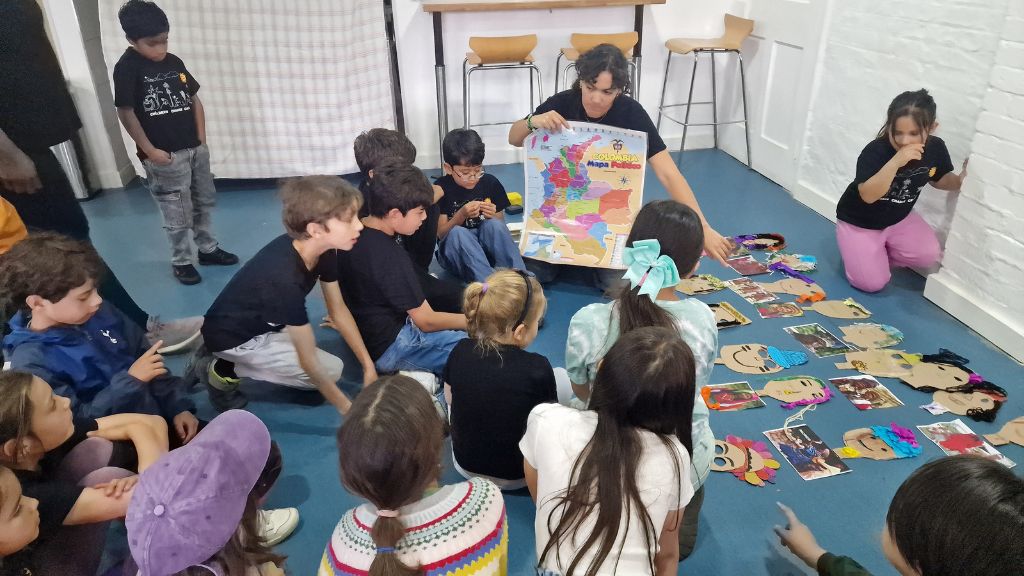
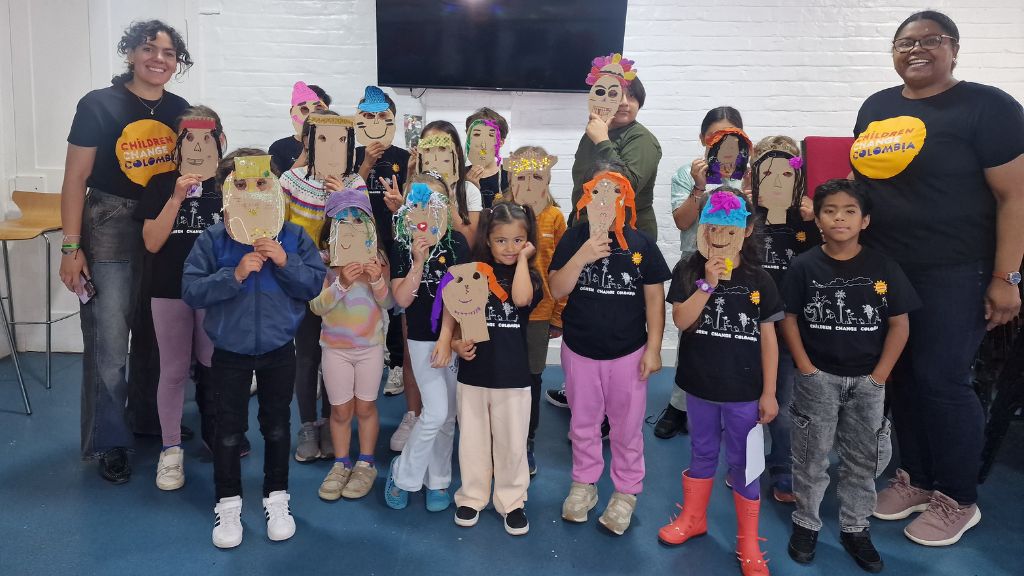
What Is Identity and How Does It Apply to Different People?
At the heart of this exploration lies a deeper question: What is identity, and how does it apply to different people? Identity is personal, fluid, and shaped by experience. For Colombians in London, it may mean speaking Spanish at home while working in English, dancing salsa on weekends while raising children born in the UK, or cooking traditional dishes that remind them of Medellín, Cali, or Bogotá.
As cultural theorist Stuart Hall reminds us, identity is not fixed — it is formed and transformed in relation to historical and cultural contexts. In this sense, diasporic identity is not about preserving a static version of ‘Colombianness,’ but about adapting, blending, and asserting it anew.
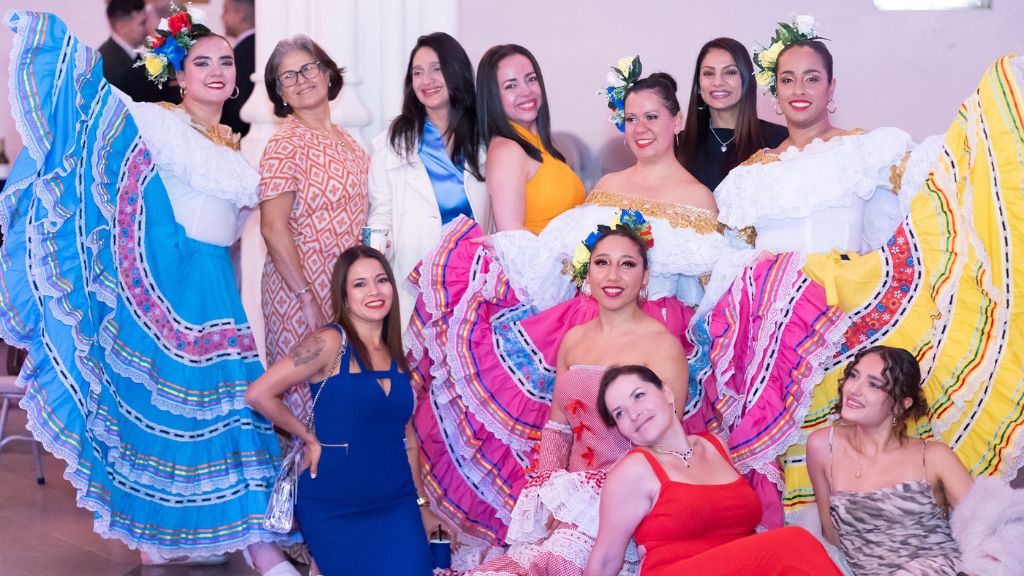
Colombian Social scene in London
The Colombian social scene in London offers a space for connection and cultural expression. In areas like Elephant and Castle and Brixton, Colombian-owned cafés, restaurants, and nightclubs create a sense of community through shared language, music, and food. Salsa nights, Spanish-language menus, and traditional dishes help maintain ties to home while also introducing Colombian culture to a wider audience. These spaces are more than just businesses — they’re places where identity is affirmed, traditions are passed on, and community is built.
These expressions of Colombian culture aren’t limited to nightlife or cuisine. Projects like Colombia Colores, led by Children Change Colombia, bring together young people of Colombian heritage to explore their roots through music, dance, and play. It’s an example of how the diaspora actively nurtures its cultural identity across generations, even far from home. Whether it’s a community event, a football watch party, or just a shared plate of Colombian food, these moments build a collective sense of pride and belonging that goes beyond Independence Day.
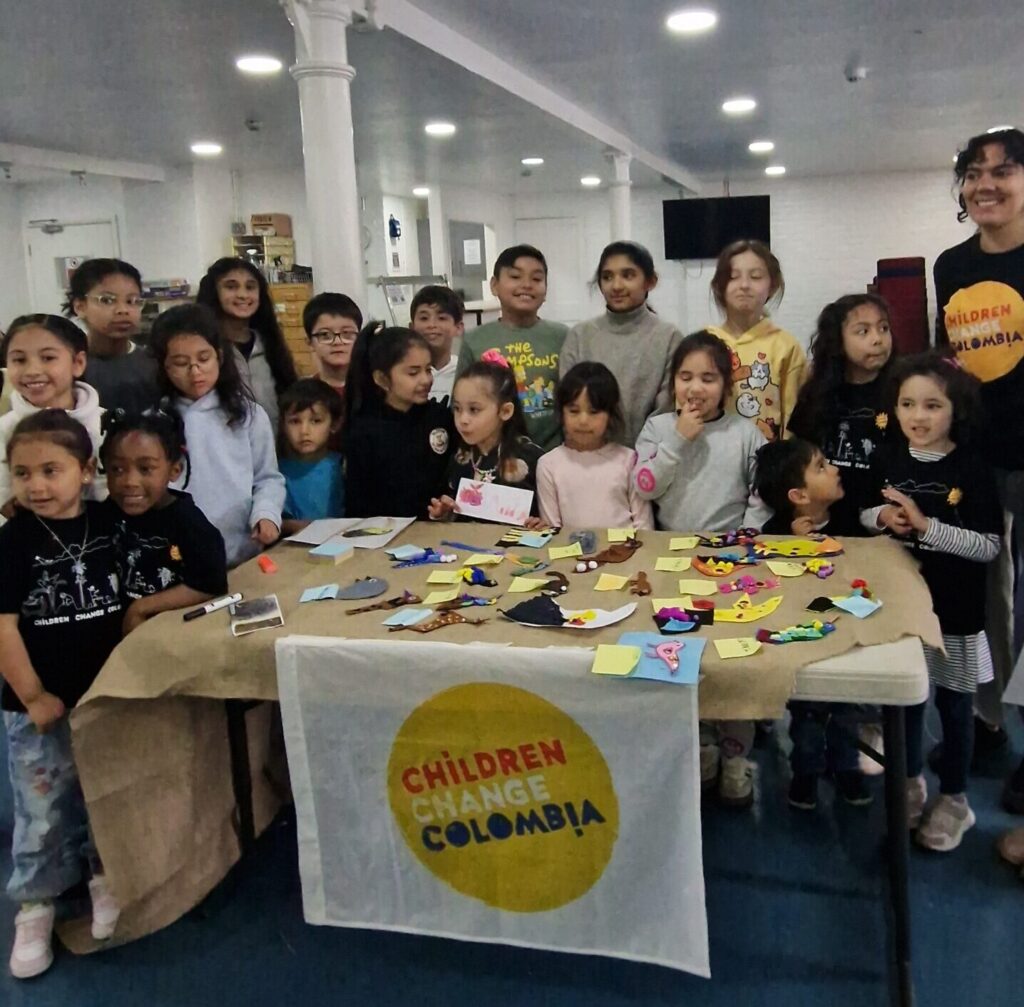
Football and Representation
Football holds a special place in the hearts of many Colombians, both at home and abroad. For the Colombian diaspora in London, it’s a way to stay connected to home, to feel part of something bigger, and to express cultural pride in a language that’s understood across borders. Supporting the Colombian national team during international tournaments becomes a unifying event, bringing people together in Colombian cafés or bars to cheer, celebrate, and feel closer to their roots. For younger generations, seeing prominent Colombian players — both men and women — in English football leagues can serve as a powerful reminder that their heritage is visible and valued. It’s also a chance to reimagine identity through sport, whether by joining local leagues, supporting Colombian teams from afar, or simply sharing stories of players who represent their values and culture. Football, in this context, becomes a shared symbol of resilience, passion, and pride which helps shape the collective identity of Colombians living in London.
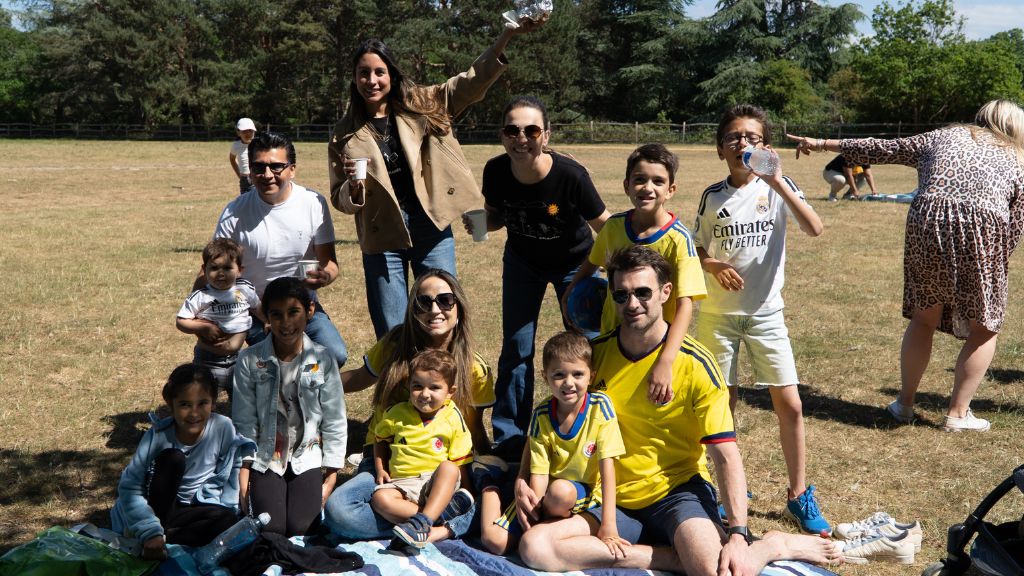
Politics and Visibility
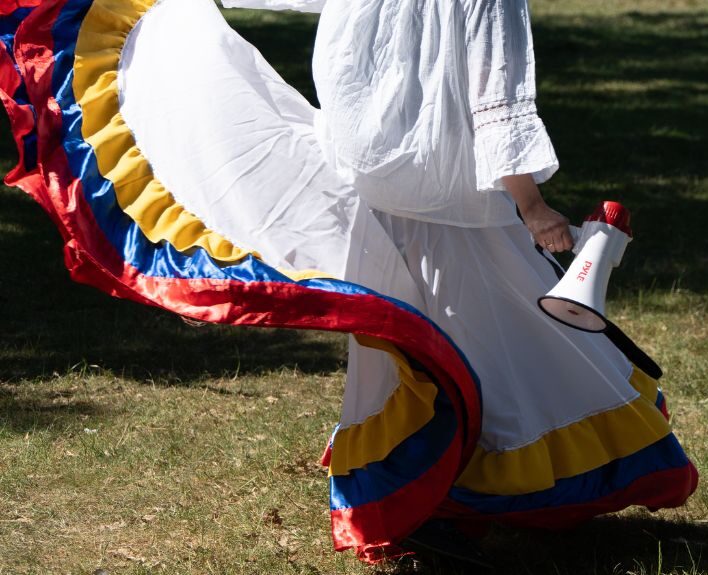
Politics is another key site of identity. For many migrants, especially those with irregular status, formal political participation (like voting) may be restricted. But identity itself becomes political — expressed through protests, community organising, or cultural events that assert presence in the face of marginalisation.
Some Colombians vote in transnational elections or engage with UK-based Latin American advocacy groups. Others participate in campaigns against gentrification or support causes that affect migrants. These acts, big and small, reflect an ongoing effort to resist invisibility and claim space — both socially and politically — in British society.
Conclusion
Colombian Independence Day in London is more than a commemoration of 1810 “Grito de Independencia” — it is a celebration of cultural survival, adaptation, and joy. From salsa nights in Elephant and Castle to children’s dance performances in Colombia Colores, from football cheers to political organising, London’s Colombian community continues to affirm its identity and build its future.
Through the work of organisations like CCC and the everyday practices of Colombian Londoners, identity becomes more than something inherited — it becomes something created, celebrated, and shared.
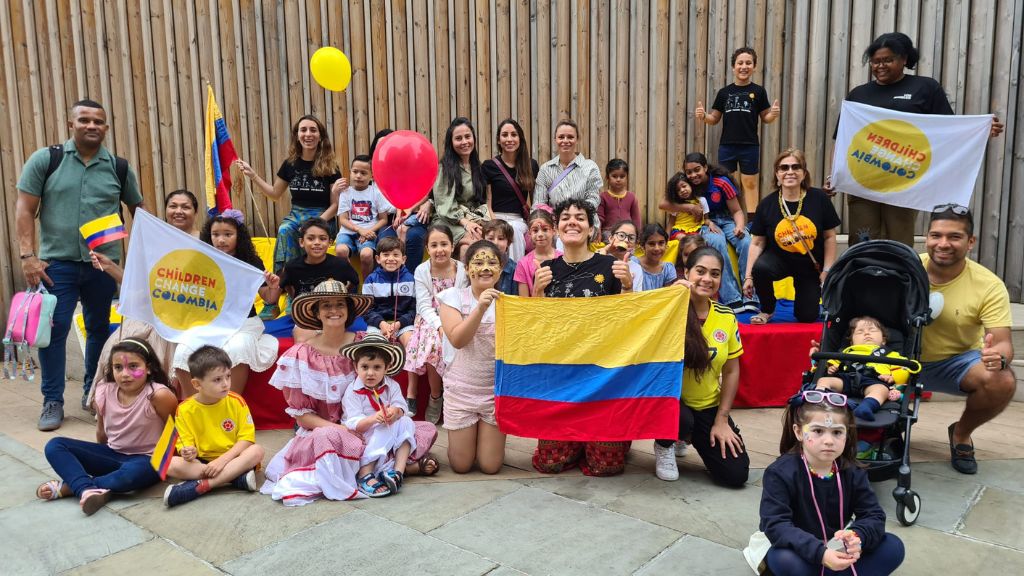
Written by: Anna-Sophie Mußner (MSc Student / CCC Intern), Will Bunce (MSc Student / CCC Intern)
This blog post is a guest contribution. The views, thoughts, and opinions expressed in this article are those of the author and do not necessarily reflect the official position or policies of Children Change Colombia.
